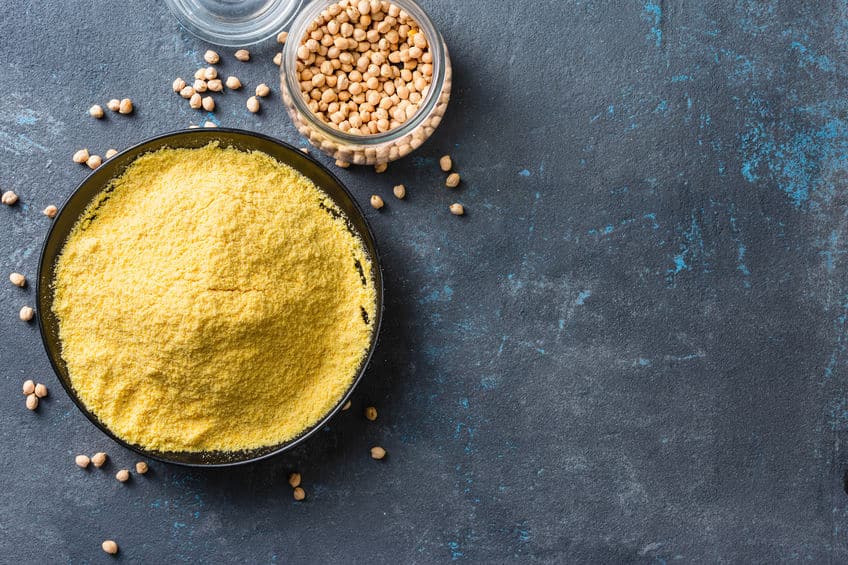The Skinny
Everyone needs a little protein and there are plenty of options to fill that nutrition hole. But if old reliable meat options aren’t in order for whatever reason, there are a surprising number of plant-based alternatives that pack a powerful protein punch. WellWell has put together a list of some of the best, most unique and perhaps surprising options.
The Slate
Yes, a pea may be small but combine a healthy handful of them and you’ll be staring at a nutrient powerhouse. In fact, a cup of green peas holds eight grams of protein, which is more than virtually any comparable vegetable. Grab freshly picked peas if possible, but don’t scoff at frozen peas. They hold them same nutrients and may actually taste sweeter since they are flash frozen at the height of their flavor.
Welcome to the king of fruits when it comes to protein, offering up more than four grams per cup—along with nine grams of fiber. Not convinced guava is a winner? A cup has only 112 calories while providing 600% of the recommended daily value (DV) of Vitamin C.
Chickpeas are worth a look-see for those searching for protein-heavy foods. A cup of cooked chickpeas has almost 12 grams of protein, plus it is low in fat and high in B group vitamins, iron, zinc, folate and magnesium. They are also inexpensive.
Edamame are those increasingly popular green soybeans that so often serve as a tasty starter before an Asian meal. But they offer a lot more than taste. These beans yield 9 grams of protein and only about 100 calories in each half-cup serving. They also provide fiber, potassium and Vitamin A.
Soybeans in general, are the complete deal when it comes to protein because they contain all nine of the essential amino acids that everyone must get from their food sources. Soybeans, of course, are found in an amazingly wide array of foods from soymilk to tofu, tempeh (fermented soybeans), soy cheese, soy yogurt, soy nuts, edamame (green, immature soybeans), mature yellow soybeans and miso (a thick paste made from fermented soybeans and barley or rice malt. This variety means the amount protein can range from 25 grams per half cup of one soy product to four grams for every two tablespoons of another.
Just like quinoa, wheat berries are high in protein but actually deliver three times the amount of protein at 24 grams per dry cup.
Speaking of quinoa, it is often considered the king of grains because it not only contains eight grams of protein per cooked cup, it also contains all nine essential amino acids.
Blackberries are more than sweet, they hold a decent amount of protein for a fruit at two grams per cup. Okay, that may not match up well again quinoa or wheat berries, but it is pretty easy to munch through a few cups of blackberries to raise your protein intake.
Eyes Up
Got a favorite plant-based protein source not mentioned here? Let us know at info@wellwellusa.com











